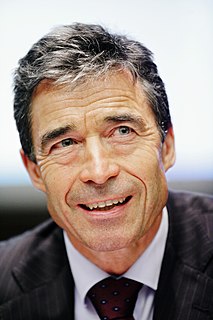A Quote by Christina Romer
Recovery measures work better when they raise confidence - as Franklin D. Roosevelt understood. His fireside chats, and his inaugural address proclaiming he would fight the Great Depression with the same resolve he would muster against a foreign foe, were aimed at reassuring Americans.
Related Quotes
The crisis [the Great Depression] discovered a great man in Franklin Roosevelt...None too soon he has carried America forward to the second stage of democratic realization. His New Deal involves such collective controls of the national business that it would be absurd to call it anything but socialism, were it not for a prejudice lingering on from the old individualist days against that word...Both Roosevelt and Stalin were attempting to produce a huge, modern, scientifically organized, socialist state, the one out of a warning crisis and the other out of a chaos.
I would like to see whoever is our next president dedicate a significant part of their inaugural address to this challenge. We have to ignite the nation's energies and passions on this to make this happen. I think we do need the same kind of inspiration we had from Kennedy in his inaugural address in 1961.
Ronald Reagan was one of our great foreign policy Presidents. He did not come from the Senate. He did not come from the foreign policy world. He was a governor, but his resolve, his clarity of purpose, his intelligence, his capacity to deal with complex issues and solve tough problems served him extremely well, and if I were elected President, I hope I could rely upon those same qualities.
If he [the Artist] were to take up the pen it would be...to better express his individuality and explain it to others; or else to put his internal affairs in order...to deepen and sharpen his relationship with his fellow men because other souls exert an immense and creative influence on our soul; or to try to fight for a world as he would like it to be, for a world that is indispensable to his life.
After World War II the Republicans - the Wall Street crowd - were very worried about a depression coming back. They hated Franklin Roosevelt in that crowd, my father among them. And there was a great fear in '46 that we'd fall back into the pits. And they always wanted to break up the Roosevelt legislation.
In the great depression, things could only be set right by causing the idle plant to work again . . . Roosevelt . . . spent billions of public money and created a huge public debt, but by so doing he revived production and brought his country out of the depression. Businessmen, who in spite of such a sharp lesson continued to believe in old-fashioned economics, were infinitely shocked, and although Roosevelt saved them from ruin, they continued to curse him and to speak of him as 'the madman in the White House.' . . . [It's one more] striking example of inability to learn from experience.




































